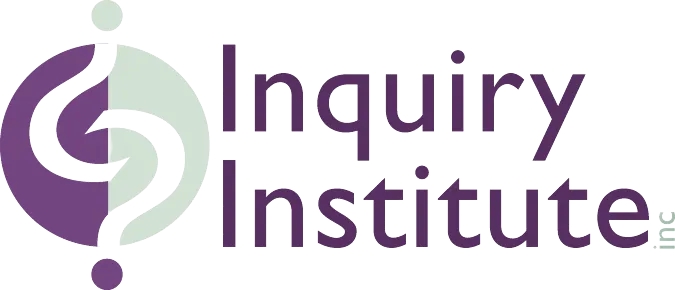Blog

TRI-C: A CAMPUSWIDE™ “CULTURE OF INQUIRY”
Cuyahoga Community College (Tri-C) is Ohio’s oldest and largest public community college, and has provided high-quality and affordable education and training to over 800,000 residents and employees of the community in over 140 degree and certificate programs. Located in Northeast Ohio, the College has five campuses, two Corporate College sites, and other facilities throughout Cuyahoga County that host classes for 30,000 currently enrolled students. In 2009, the College’s Alliance for Teaching and Learning committee conducted comprehensive evaluations of assessment software products, and decided that Tk20 CampusWide™ best met Tri-C’s criteria for assessment data collection and reporting.
Building a “Culture of Inquiry”
Tri-C has an Assessment Team that provides support for all aspects of evaluation and assessment, from working with individual faculty to providing information and data for the College’s AQIP Systems Portfolio. The team consists of a Director of Learning Outcomes Assessment, and three faculty members who serve as part-time Assessment Coaches. In order to successfully implement a process of continuous improvement through assessment of student learning outcomes, the team is developing a ‘culture of inquiry’ that fosters an open environment for faculty to exchange ideas about student evaluation and learning outcomes assessment, and is done in the spirit of collaborating with other faculty and programs to assist each other in aligning with the College’s mission.
The Assessment Team’s primary focus in building a culture of inquiry is on the development of quality assessment tools such as rubrics and scoring guides that provide excellent feedback to students, while simultaneously gathering useful and meaningful data about student learning that facilitates Tri-C’s learning outcomes assessment strategy. It begins with a simple message for faculty to “put a second set of eyes on current assessment tools.” No matter who does the review, the ‘second set of eyes’ provides faculty with feedback about:
student understanding of the assessment;
the structure of the assessment tool;
accuracy of content, and
correction of errors usually found with proofreading.
In addition to review and feedback provided by faculty and the assessment team, some programs’ advisory committees have also participated, resulting in updated assessment tools that reflect current changes ‘in the industry.’ Tk20 data collection and resulting reports are essential to the success of the ‘culture of inquiry,’ and is helping Tri-C serve a ‘higher purpose’ than just data collection. The Assessment Team uses samples of data collected by other programs, including effective graphs and charts, to demonstrate the benefits of quality assessment tools and Tk20 reports. When coupled with demonstrations showing the ease of being able to evaluate student work (and aggregate data) electronically in Tk20, faculty see the benefits and are eager to participate.
“It is helping me do what I do—better”
Initial results of the ‘culture of inquiry’ have been very positive. One instructor stated that “it is helping me do what I do—better!” In a workshop about reviewing assessment tools, another instructor who had never before asked her colleagues for assistance with regards to evaluation and assessment said, “I encourage my students to collaborate all the time, but I don’t do it myself. I’ve been teaching for ten years, and I’m 52 years old. I need to get over that and begin to follow my own advice.”
Unintended Opportunities Lead to Results
In addition to the development of quality assessment tools and data gathering in Tk20, a number of other opportunities to enhance teaching and learning have resulted from the exchange of ideas in the culture of inquiry. Time-saving, yet effective instructional and assessment strategies such as the use of self-and peer-assessment has reduced the time some faculty spend on evaluating students, and has enhanced student learning by requiring them to use higher-order thinking and communication skills during the evaluation process.
“There has unquestionably been an increase in student performance”
An instructor in the Veterinary Technology program posted the rubrics and scoring guides for his skill evaluations for his students to see at the beginning of the semester, and at the midway point, he stated, “There has unquestionably been an increase in student performance that has occurred over the period by posting – no doubt! The students have taken an active role in their own learning by exploring the expectations described in the assessment tools.”
Knowledge of Tk20 CampusWide™ features within the culture of inquiry has also helped Tri-C in the implementation of General Education Outcomes Assessment, inclusion of e-portfolios into the Business Administration curriculum, and the development of an integrated surveying strategy that is increasing the response rate with useful data. In other words, the ‘culture of inquiry’ is alive and CampusWide™ at Tri-C!
George Skerritt
Director of Learning Outcomes Assessment
Dr. John Thomas, Dr. Donna Homenko, and Kim Ochs
Assessment Coaches

Learn More

